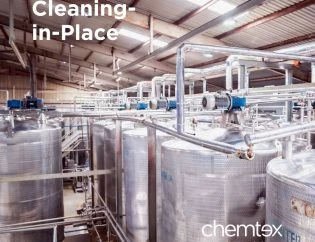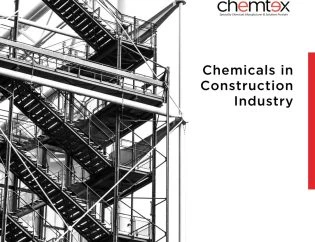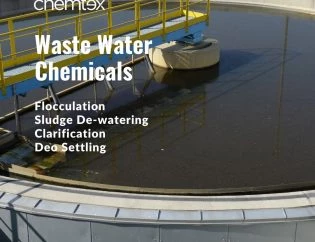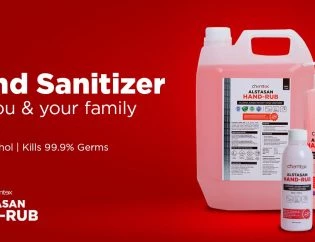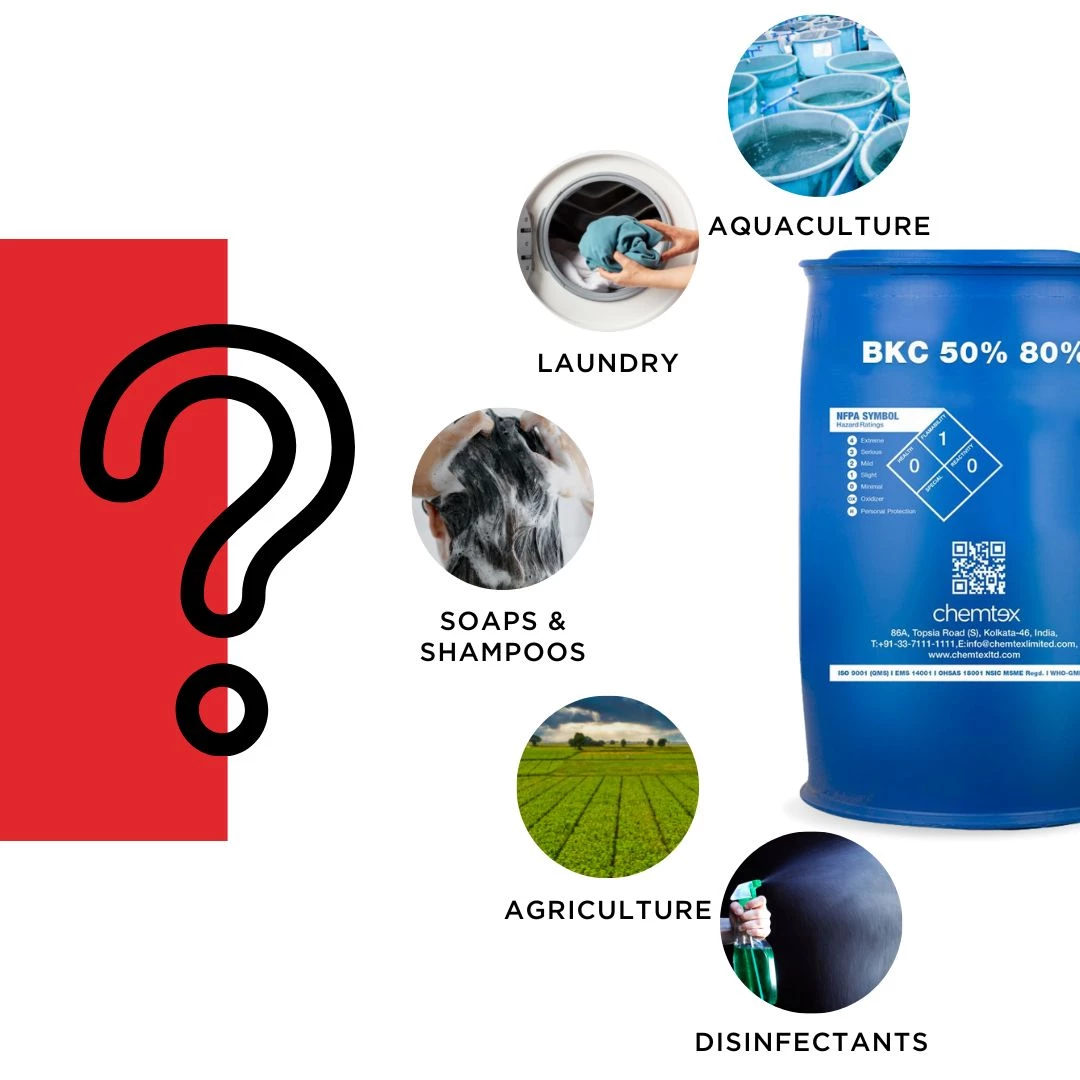
Benzalkonium Chloride are the most effective preservatives and antimicrobial agents in cosmetics, pharmaceuticals, and personal care products. BKCs are also used as disinfectants in hospitals, food processing plants, and water treatment facilities.
What are benzalkonium chlorides?
Benzalkonium chlorides are a quaternary ammonium compound with two alkyl groups attached to a nitrogen atom. This makes it a cationic surfactant. Cationic surfactants are compounds that attract and hold negatively charged particles, such as bacteria, onto surfaces. They are commonly used in personal care products because they help prevent bacterial growth.
This QAC-based formulation is effectively active against harmful viruses, bacteria, yeast, fungi, and other cationic surfactants. It has an important role in preventing the spread of pathogens.
One of the most common active ingredients in disinfectants used in residential, industrial, agricultural, and hospitals. Due to its antimicrobial activity, it has consistently been chosen as a disinfectant for hospitals, agriculture, food industry. It is also used as a preservative in contact lens solutions as well as in antibacterial soaps and antiseptic, and other medicinal products. It is an effective bactericidal and fungicidal agent.
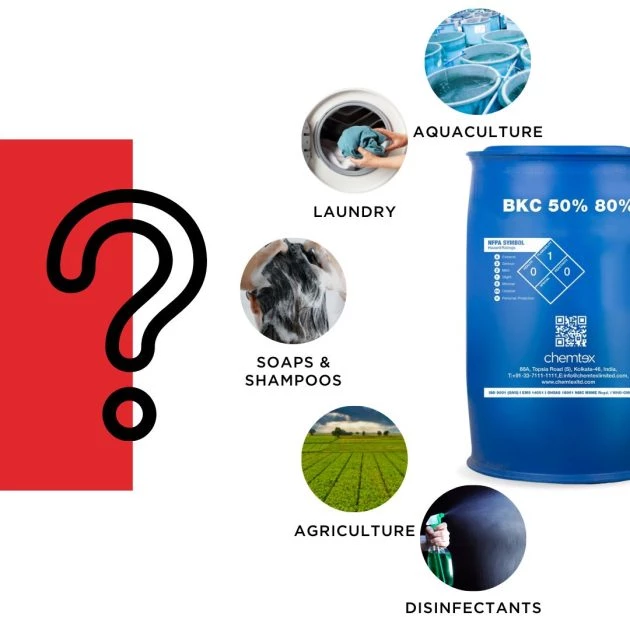
How does Benzalkonium Chloride work?
Benzalkonium Chloride can disrupt the cellular membrane lipid bilayers of bacteria, compromises cell permeability, and result in cell leakage. With the increase in BKC Concentration, membrane fluidity is reduced, resulting in hydrophilic gaps. QAC-based disinfectants are non-toxic, non-tainting, and inhibiting the future growth of microorganisms.
Benzalkonium chloride (BKC) is an ingredient in many household products, including shampoos, soaps, toothpastes, mouthwashes, and cosmetics. It’s also used in hospital settings for cleaning medical equipment and instruments.
What are their uses?
BKC is found in everyday use products ranging from household cleaning products to agricultural and also used in clinical products. It has additional applications including indoor and outdoor surfaces like walls, floors, toilets, agricultural tools, water storage tanks, equipment used in residential and commercial pools, ponds, fountains, pulp and paper products, and wood preservations.
Where did they come from?
Benzalkonium Chloride was first synthesized by German chemist Karl Ernst von Baeyer in 1876. He named his new compound after the Greek word “benzene” meaning “earthly fragrance.” In the early 1900s, Benzalkonium Chloride was used as an antiseptic agent in hospitals and other medical settings. It was also used as a disinfectant in food processing plants.
What are their properties?
Benzalkonium Chloride has been shown to be highly effective against bacteria, viruses, fungi, protozoa, and algae. It is also effective against gram positive and negative bacteria, yeast, and mold. BKC is not toxic to humans and animals. It does not cause skin irritation or allergic reactions. It is non-corrosive and non-irritating to eyes, mucous membranes, and respiratory tract. It is safe for use with latex products.
Are they safe?
Benzalkonium chloride (BAC) is one of the most widely used preservatives in the world. It has been used since the early 1900s and is still being used today. BAC is considered non-irritating and non-allergenic. It is not absorbed through the skin and does not cause any allergic reactions. However, there are some concerns regarding its use.
Major Application Areas of Benzalkonium Chloride
- Agriculture disinfection
- Aquaculture, swimming pool
- Hospital disinfectants, food and beverage industry
- Laundry disinfection
Chemtex Speciality Limited manufactures benzalkonium chloride in 50% and 80% solutions as a disinfectant and preservative with excellent detergency, anti-bacterial, anti-fungal attributes.
Recent Posts
- What Swimming Pool Chemicals are essential for maintaining a clean and safe pool?
- Did you know that even a 2.5mm layer of dust over a solar panel surface can reduce its efficiency by 35%?
- The Impact of Descaling Chemicals on Industrial Operations: A Detailed Analysis
- How speciality chemicals play an important role in CIP process of Breweries & Microbreweries?
- Propylene glycol has many uses beyond just being an antifreeze. Discover some of them here!
- Chemicals for Boiler Feed Water
- Acid Inhibitor Chemicals for Mineral Acid Corrosion
- Engine Coolant Antifreeze Liquid
- Sulfamic Acid Descalant – How it Works, Where to Get
- Citric Acid Manufacturing Companies in India

